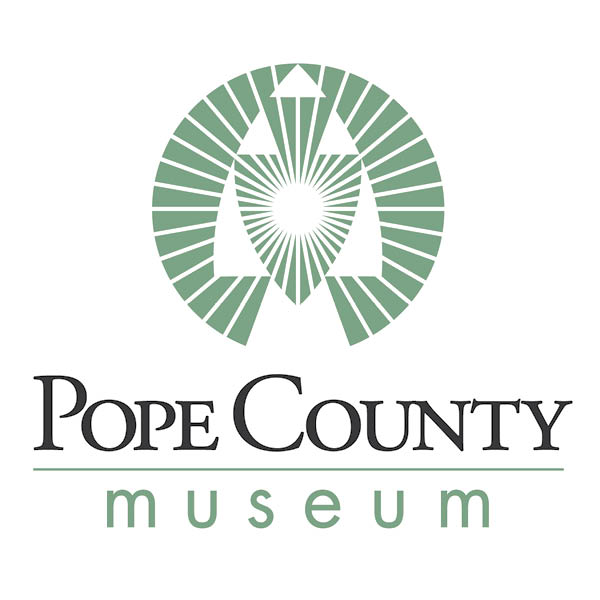County board hears request for ARP funds
News | Published on April 18, 2022 at 12:58pm CDT
By Melanie Stegner
news@pctribune.com
The Pope County Board of Commissioners continues to hear proposals for the use of American Rescue Plan funds. Christopher Knoll, CEO of Minnewaska Community Health Services, was at last week’s committee of the whole meeting to discuss the proposal from MCHS.
“The pandemic affected our senior living facilities dramatically. We lost residents and staff and the economic marketplace has affected wage rates in a way that prospective employees are able to acquire new employment for more money and less responsibility,” said Knoll.
“Many of our residents are required to use the Elderly Waiver Program from the State of Minnesota. The waiver pays a fixed rent amount that is approximately 50 percent of the property tax assessed value of each unit. We currently have at least half of our residents using the waiver program,” Knoll pointed out.
According to the proposal, MCHS is requesting a three-year grant from ARPA funds in the amount of $63,000 each year. The use of the requested funds would go toward staff retention and development. The second part of the request is for tax abatement for the county portion of property taxes for three years.
The second proposal in front of the board was from Alexandria Tech requesting grant funding for Pope County residents to pursue a certificate or degree in Early Childhood Education or Certified Nursing Assistant training. The total requested is up to $220,000.
The Pope County HRA/EDA also sent in a proposal requesting funds for daycare and childcare centers. Applicants for the requested funds would be able to use them towards facility expansion, replacing equipment, improvements to mechanical systems, pandemic related improvements and operational support if approved.
CSAH 17 discussion
South Lakeshore Drive was a topic of discussion from County Engineer Brian Giese. “There are three items that require attention in the near future in order to continue the reconstruction planning for CSAH 17,” said Giese. There are expected right-of-way plat adjustments, tree removal notices and state aid rule variances that will need to be addressed.
Tree removal notices and state aid variances will require the most outside input. “The construction of CSAH 17 improvements will require the removal of certain trees and hedges. The removal of trees not previously acquired by the road authority is covered by Minnesota Statute 160.22. We’re planning to work with Rinke Noonan Law Firm to ensure proper notice is provided to landowners that this applies to,” said Giese. “Best practice is to notice the removal based on a defined distance from the road centerline rather than by each specific tree, even if this includes trees we don’t intend to remove. It prevents further delay for another public hearing should a specific tree be missed on the notice.” The county board will be tasked with setting a date and time for the public hearing as well as deciding on the need for removal of the designated trees.
The plans as proposed for the road construction will require variances from the state for several design standards. The committee that oversees variances meets four times per year with the remaining dates of June 2, September 1 and November 23. The current plan of action is to submit the variance requests for the June meeting.
Other discussion
The Pope County Office of Land and Resource Management presented several pieces of information in the second half of the meeting including proposed ordinance amendments in four sections of the current policy. A zoning change was requested for industrial property located along Highway 28 to meet the property’s current use parameters.
Ralph Hansen from the Land and Resource Management Department was on hand to discuss the status of floodplain mapping, the Chippewa River Watershed – 1W1P and the expected requests for invasive species aid.
Barry Bouwman, County Feedlot Officer, presented updates on feedlot registrations. The information included the annual report and annual review of the county delegated program. The 2022-23 delegation work plan was presented and detailed the methods feedlot owners will be contacted and registered as well as how to address currently registered feedlots with operational changes. The plan details that most of the inspections will be happening at high risk/high priority sites including those with shoreland, drinking water supply management areas, watershed restoration and protection strategy, BWSR 1W1P, and other prioritized impaired waters. They will also be done at sites that have not been maintaining land application records or manure management plans.




